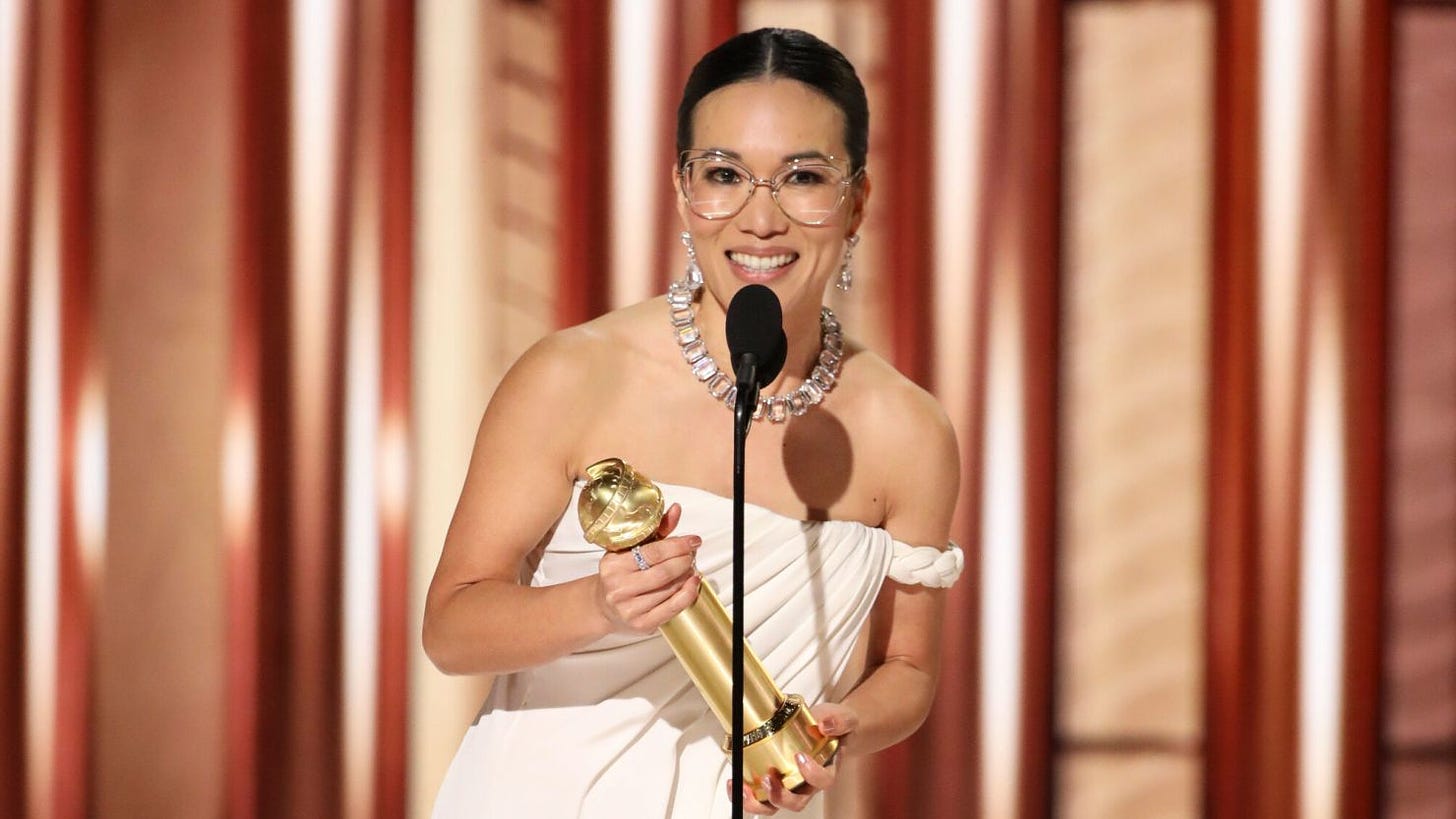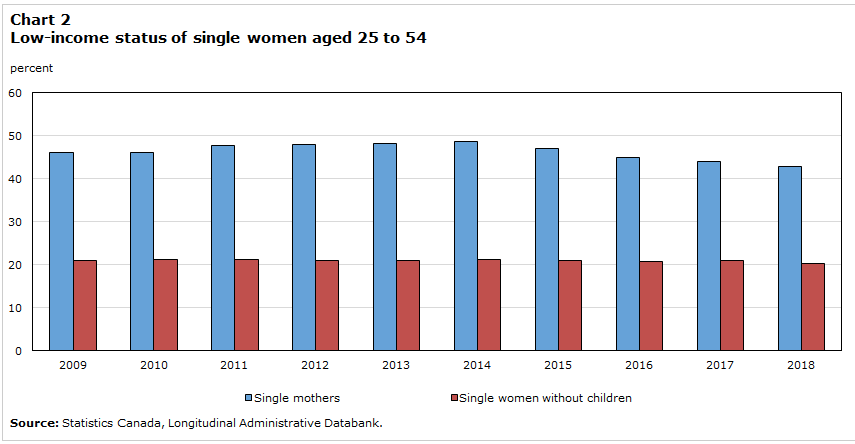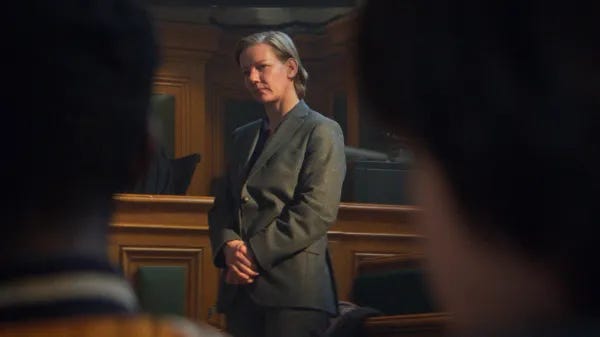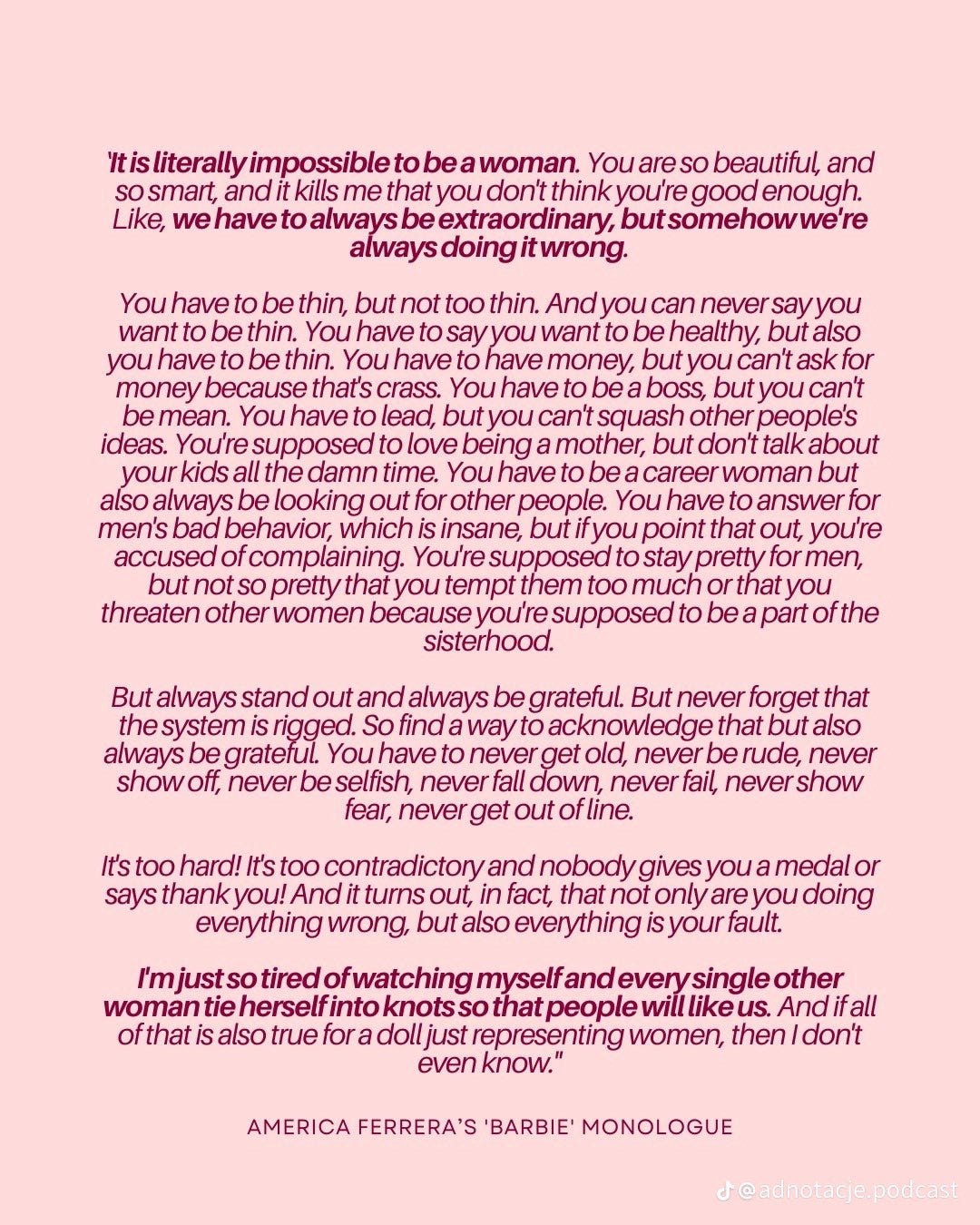A woman stands on a podium at the height of her career. Everyone is staring at her, judging her, evaluating her. She speaks words to the crowd to explain her choices in life, to try to make them understand that she is human: loving, hard-working, creative, and yes — flawed — and deserves to be seen as such.
Twice this past week, I observed a version of the above scene. First, when comedian and actor Ali Wong was awarded the Golden Globe for her incredible comedic performance in Beef on Netflix, becoming the first Asian-American woman to win in the category. Wong rose to prominence after her brilliant Netflix comedy specials, Ali Wong: Baby Cobra, Ali Wong: Hard Knock Wife, and, most recently, Ali Wong: Don Wong. Seeing Wong performing her stand-up while fully pregnant was fresh and hilarious. Her jokes about marriage and raising kids as a working mom resonate with me.
Wong kissed her current boyfriend, fellow comedic actor Bill Hader, before accepting her Best Performance by a Female Actor in a Limited Series, Anthology Series or a Motion Picture Made for Television award. She then surprised everyone by ending her acceptance speech with, “I really need to thank the father of my children and my best friend, Justin, for all of your love and support,” she said. “It’s because of you that I’m able to be a working mother.” This pivotal moment — not just for Wong but for all working mothers — underscores the complex balance of professional success and personal life that many women navigate. The internet mostly went off on how classy it was, but I saw it through a different lens.
Can we just admit how hard we are on working mothers? The societal double standards and unique challenges faced by working mothers, especially those in the public eye, reflect a broader societal attitude that needs a hard look. Look at this shitty, out-of-context headline, for example. Before the success of Beef, Wong was in the news because of her breakup with Justin Hakuta, her now ex-husband and the father of their two girls. If you want to know what people think of a successful woman ending her relationship with a man that she has comedically roasted on stage, scroll through this Reddit thread. “Of course, they are divorced with how she talks about him,” says one Redditor.
As a writer of personal narratives, this stings a bit. Those of us who share the personal often share just one little slice, trying to extract and digest the funny or the sad, hoping others might see their own struggles in ours with tenderness or a laugh. But it’s only a small selection — a memory, a vignette or a montage — of an overall life at a specific moment.
We have these weird parasocial relationships with celebrities, something my friend Stacy Lee Kong often discusses on her Friday Things blog. So we think we know their lives and then inject all these imaginary storylines when things go wrong. And when you’re an artist, a thing that happens is people try to put together your life through your art (see this Reddit thread on the commonalities between Beef and Wong’s IRL marriage). But we’ll come back to this later.
Wong and Hakuta remain best friends, and he’s still her tour manager. As someone who still texts her ex-husband several times a day with everything from making plans (or jokes) about the kids to “Just listened to this new album. Think you’d love it!” I love that Wong celebrated the incredibly hard work that goes into co-parenting after divorce. But I also felt this rage creeping up. Because fuck, we do not make it easier for mothers who work “outside the home.” We pick apart their choices, which tends to amplify a woman’s own guilt for not wanting ONLY to be a mother.
Because that’s the story we women internalize: That we should technically WANT to be mothers 24/7 if we’ve chosen to have kids, no? Shouldn’t that be our whole raison d’etre? So when we are not that kind of mom, not only do we tend to “struggle with the juggle” between our roles, but we often judge ourselves — sometimes more harshly than the chorus. This internal conflict, exacerbated by societal expectations and stereotypes, makes the role of a working mother a tightrope walk of conflicting demands and judgments.
And yet, think about how we treat and talk about mothers who choose to stay home with their kids full-time. As America Ferrara’s Barbie monologue stated this summer, “It is literally impossible to be a woman.” Whether working outside the home or choosing to be a full-time parent, mothers are subjected to relentless scrutiny and impossible standards. (Full Barbie monologue below.)
The fact that Wong said, “It’s because of you that I’m able to be a working mother,” pokes at something in me. Yes, we mamas definitely need our co-parenting partners to step up, whether we are still married or not. But also, EFF the inequitable systems that make it nearly impossible for mothers to reach these heights. Not everyone gets to be best friends with an ex. And if it’s still challenging for those of us who are, what of the mothers who don’t have the same support?
A Statistics Canada report in 2021 showed that “From 2009 to 2014, almost 50% of single women with children had low income, whereas about 20% of those without children had low income.” The headline of this Nasdaq Motley Fool article unsurprisingly reads, “Single Fathers Have 8 Times More Wealth Than Single Mothers, Data Shows.”
This leads me to the second “mother on a podium being judged” moment I noticed this week: the Palme D’Or-winning Anatomy of a Fall, which won Best Foreign Film and Best Screenplay at the Globes. (Take a moment to take in writer/director Justine Triet’s acceptance speech.) I’ll try not to spoil the film, but the breathtaking performance of Sandra Hüller as wife, mother, and published author on trial for the possible murder of her husband left me raw.
Anyone in a long-term relationship knows there is so much more than meets the eye. Only the two people in the relationship know a version of the truth, yet even those two are each living their own reality shaped by their individual perspectives, lived experiences, beliefs, and choices. To sit through 2.5 hours of this woman’s marriage being excavated for clues that she wanted to murder him is excruciating. The questions she is asked on the stand would never be asked of a man. As her trial becomes more sensational, we are asked to examine our own opinions and judgements of this working mother. We are asked to focus on the facts.
And yet, what ARE the facts of a committed relationship? What does each person in a partnership give up to co-exist and build a life and future together? What do they each “bring to the picnic,” so to speak? I am currently forensically investigating my own damaged marriage for my book. Watching the treatment of this woman on screen made me realize I still have a Fire Swamp or two to wade through while writing the past (with extreme caution and care), but also that I will most certainly be harshly judged on its eventual publication.
Back to how we scrutinize a creative woman’s output: Sandra’s published works are examined forensically for clues that she could be guilty. How much of her work is drawn from her life? What is fact, and what is fiction? Of course, writers draw from the personal — it makes us good at our craft, embuing stories with authenticity and raw truth. But is it fair to conflate an artist's work with their personal life? This tendency can be especially harmful to working mothers in the spotlight. Furthermore, the cultural narrative about working mothers can influence how our own children feel about it, sometimes unintentionally creating abandonment wounds that might not be there if we saw working mothers as equally deserving of time spent cultivating careers.
For Sandra, the ultimate judgment will come from her young son, who grows up far too quickly in the movie. And I guess that’s all of us mothers. The chorus will judge us through their own lens and internalized sexism. It’s how our children will review the facts and weigh the opinions that will be the deciding factor. Until we collectively change how we see, talk about, and judge working mothers, it will continue to be a precarious ledge.








Loved this. Feel very much like the struggling statistic. Employment culture very punitive to solo working mom